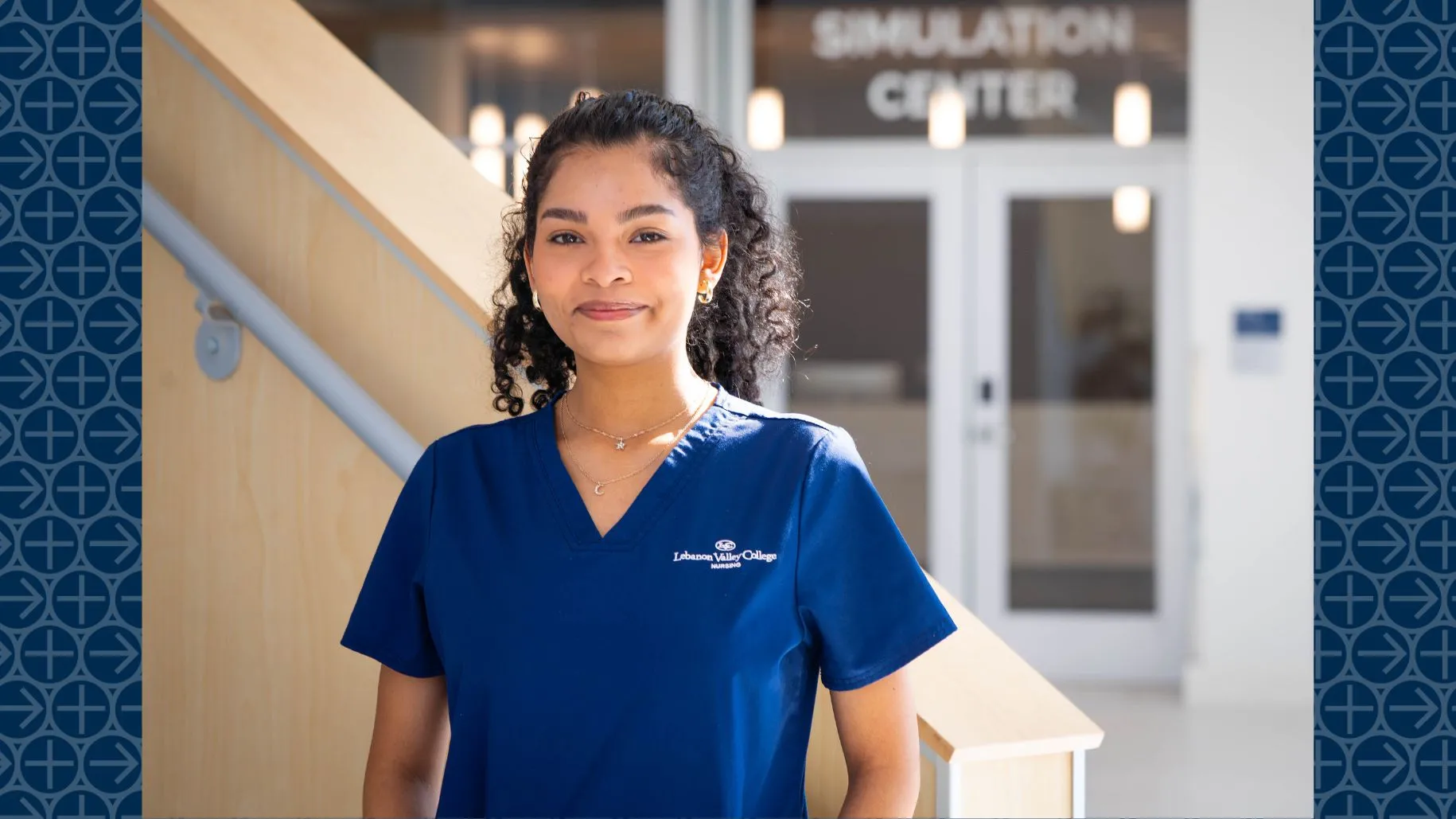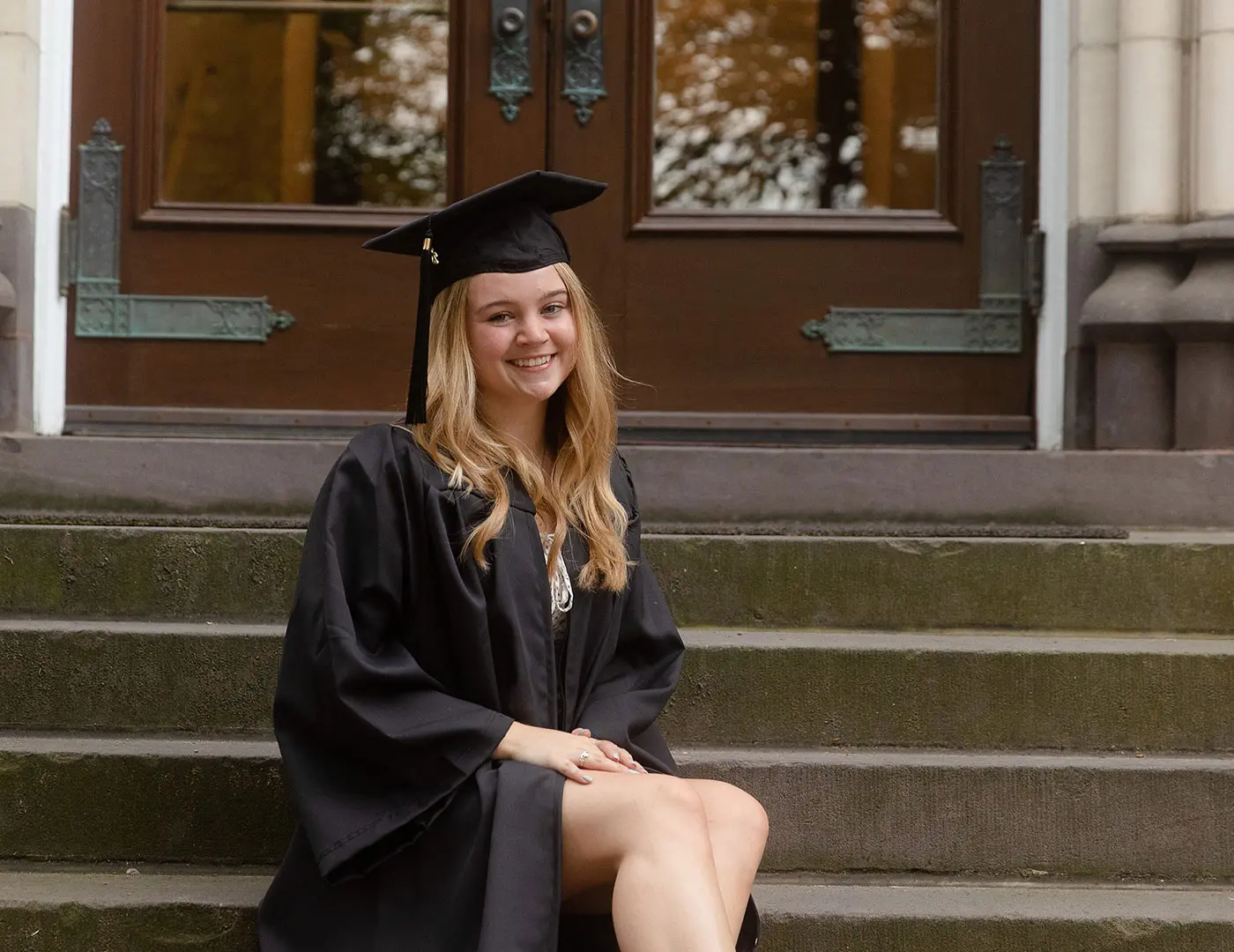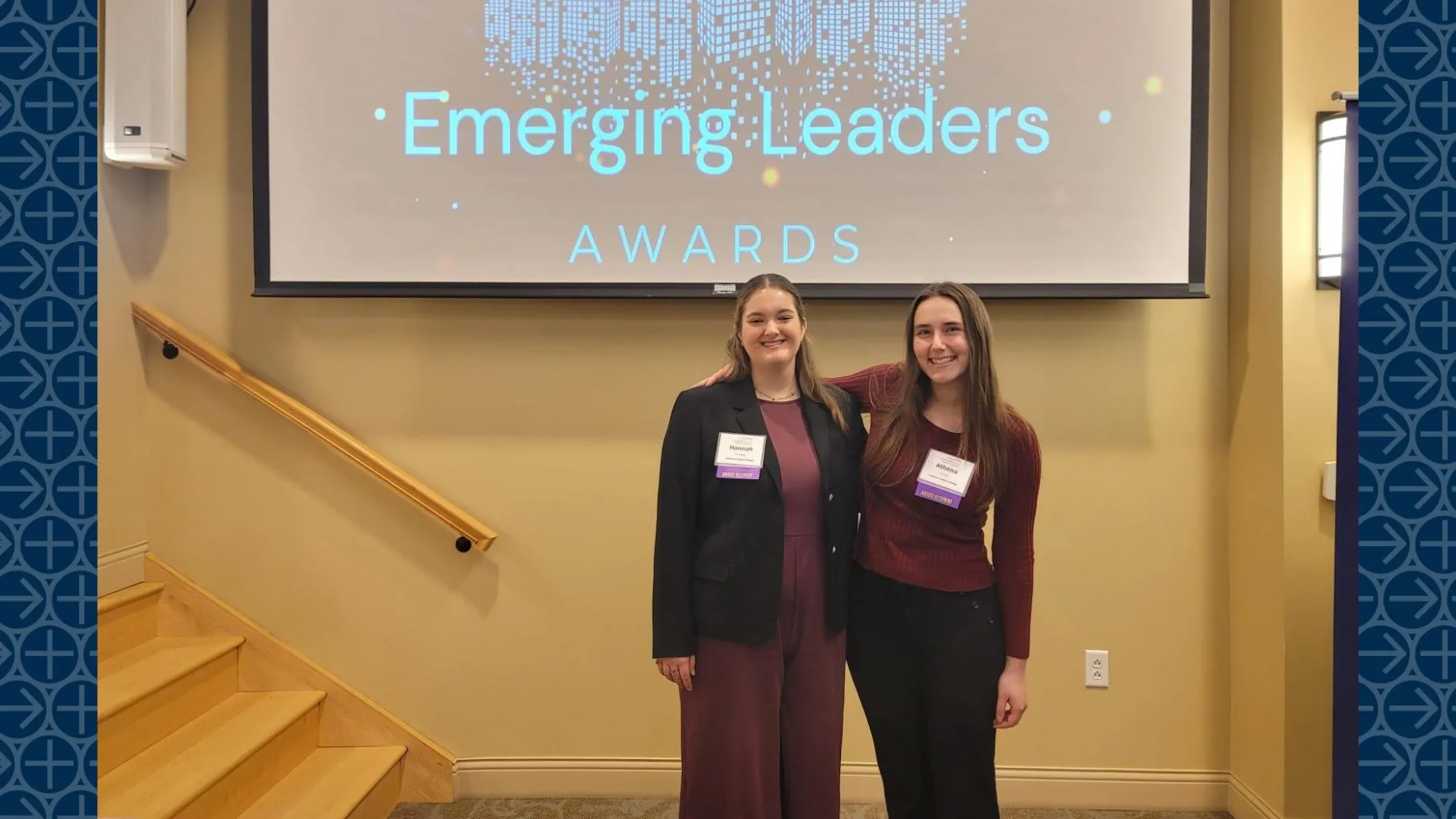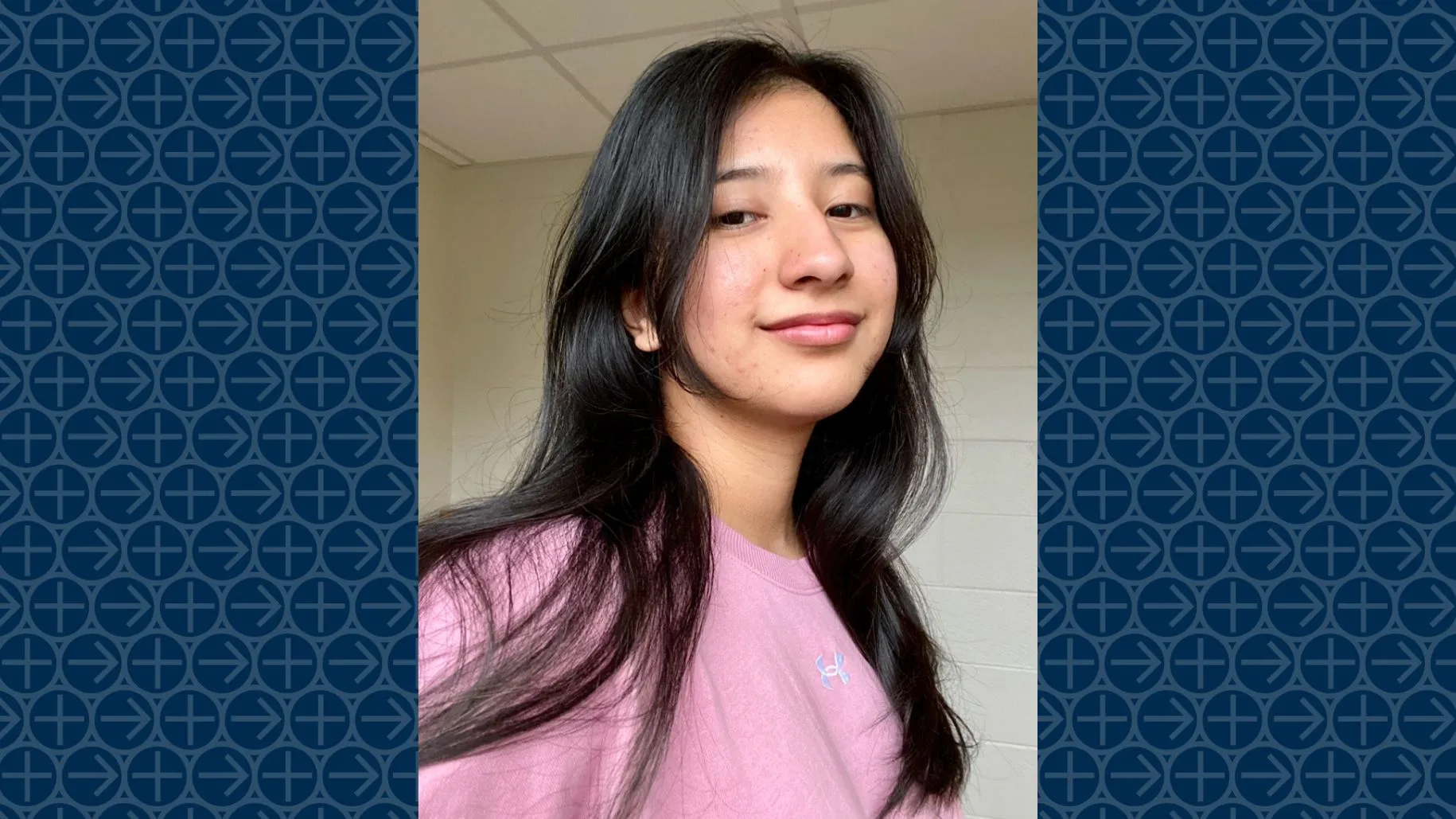
LVC News
- Accounting
- Accounting/MBA 3+1
- Actuarial Science
- Allwein Scholars
- Alumni Profiles
- Athletic Training
- Athletics
- Awards
- Biochemistry & Molecular Biology
- Biology
- Breen Center
- Business Administration
- Campus
- Chemistry
- Clinical Exercise Physiology
- Clinical Mental Health Counseling
- Community Service
- Computer Science
- Creative Arts
- Creative Writing
- Criminal Justice
- Data Science
- Digital Media
- Economics
- Education
- Engineering
- English
- Environmental Science
- Esports
- Exercise Science
- Faculty Profiles
- Gallery
- German
- Giving
- Graduate Studies
- History
- Honors
- Intelligence and Cybersecurity
- Interaction Design
- International Business and Policy
- LVEP
- Marketing
- Mathematics
- MBA
- Medical Humanities
- Medical Laboratory Science
- Music
- Music Education
- Music Production
- Neuroscience
- Nursing
- Physical Therapy
- Physics
- Political Science
- Pre-Law
- Pre-Medical Professions
- Psychology
- Self-Designed
- Social Justice and Civic Engagement
- Sociology
- Spanish
- Speech-Language Pathology
- Sport Performance
- STEM Education
- Student Profiles
- Study Abroad
- Sustainability
- Transfer
- Undecided/Exploratory
Criminal Justice Degree and Psychology Interest Lead to Job with Mobile Crisis

Imagine being in high school and riding along with law enforcement, listening to 911 calls, and touring the county jail. That shadowing experience during high school laid the groundwork for Emma Conradi’s future career.
“That was the first time I thought about possibly working with individuals who go through the criminal justice system. I have also had a major interest in psychology and how the brain works, which is a beautiful blend with my criminal justice major and career goals,” said Conradi, who received her bachelor’s degree in criminal justice in May.
Through her four years at LVC, Conradi completed coursework that included favorites of Criminology, Crime Scene Investigation, Forensic Psychology, and Violent Crimes with a direct correlation to her future career.
Conradi credits mentorship from her advisor, Dr. Kathryn Whiteley, associate professor of criminal justice, with inspiring her to further her education.
“I came to greatly appreciate the amount of work she has done, and it sparked a deep need and want to go to graduate school,” said Conradi. “She has continuously pushed me when I thought I couldn’t do better and showed me that I have what it takes to succeed.”
Beyond the classroom, Conradi learned valuable lessons through a pair of internships in the field. The summer before her senior year, Conradi interned with the Lower Moreland Police Department. One of her responsibilities included helping to establish a program where police departments refer mental health cases to Montgomery County Mobile Crisis so individuals can receive resources and support.
When Conradi returned to The Valley for her senior year, she connected with Susan Wright, MPA, director of forensic & reentry services with Pennsylvania Counseling Services. Under Wright’s supervision, Conradi interned at the Lebanon County Day Reporting Center (DRC), a court-ordered form of probation and rehabilitation for individuals primarily charged with drug crimes and who have spent time in the county jail.
“We use group sessions where we give them tools for emotional regulation, anger management, financial skills, coping skills, family relationship building techniques, among others,” said Conradi. “The goal of the DRC is to help individuals achieve skills to better their lives, provide information and resources to find a job, and, if a client is a substance abuser, to keep them sober.
“I would help lead group sessions and offer feedback on their jail experience, drug/crime experience, emotions, and what they are going through. That experience made me even more committed to choosing this field due to the impact I saw on the clients we worked with and the ability to listen to their stories from their addiction or their time in prison,” she added.
Now with her degree in hand, Conradi accepted a full-time position with Montgomery County Mobile Crisis and will be part of the program she helped establish. She also plans to pursue an online master’s program in forensic psychology.
“Finding the bridge between mental health and policing is my core value and goal, and I believe it is one of the most important relationships to have in the criminal justice system.”




